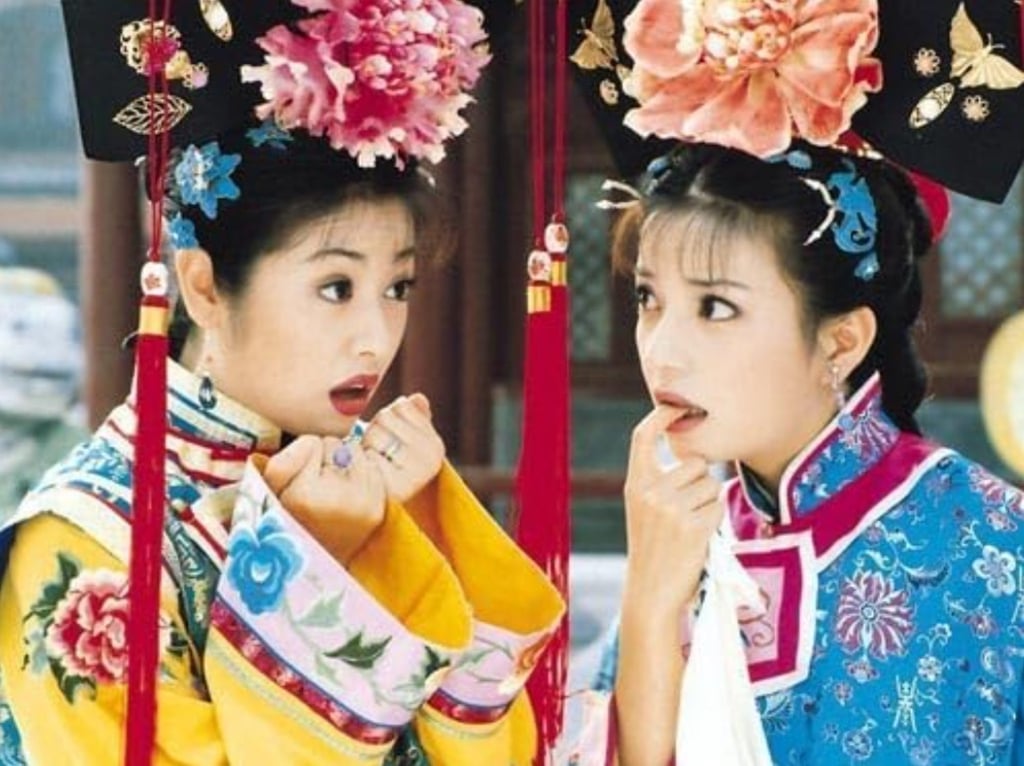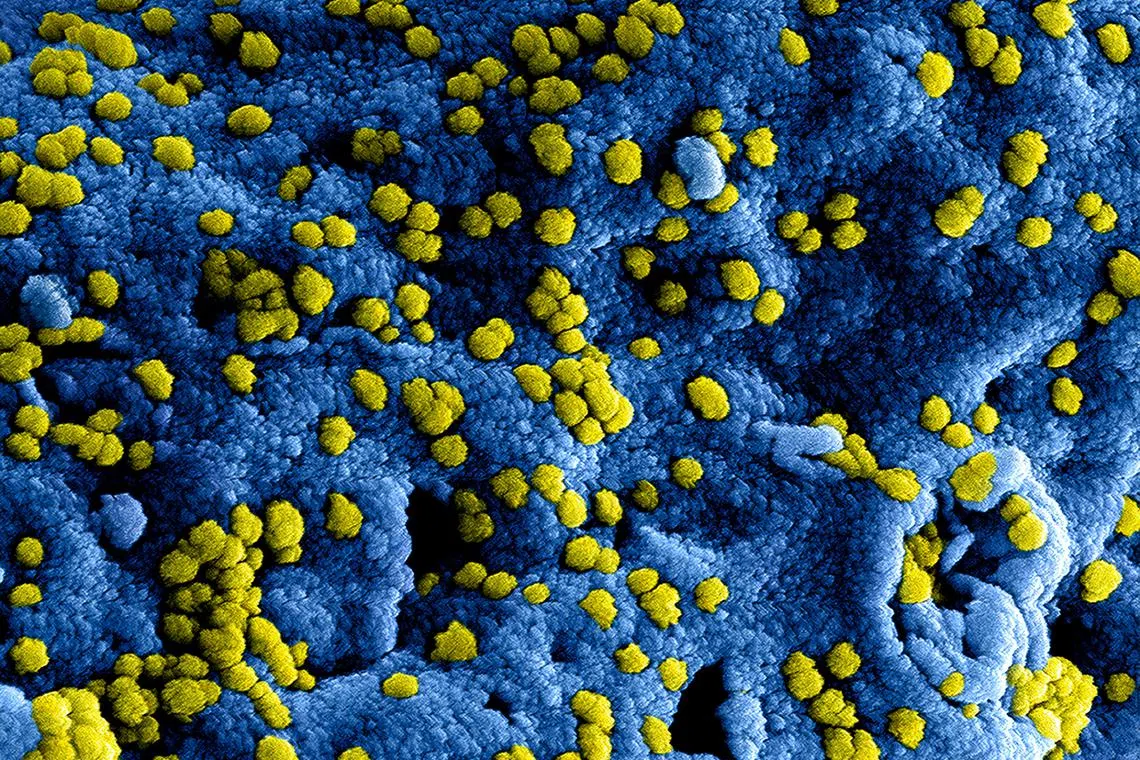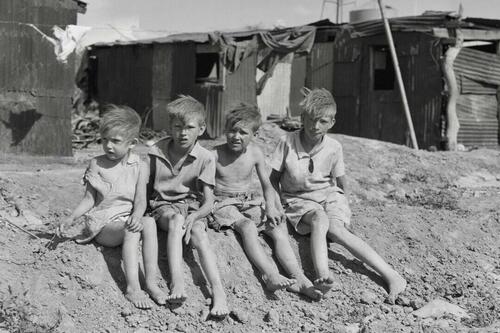True to style, Taiwanese romance novelist Chiung Yao insisted on going to her death “gracefully”. Her farewell letter was an ode to female independence, autonomy and freedom. While some expressed respect for this ultimate act of self-determination and others admired the consistency of her ideals, what struck me the most was the realisation that the era in which love reigned supreme had definitively ended.
In the 1980s and 1990s, reading Chiung Yao’s novels was a rite of passage. Her television adaptations, such as Wanjun, Plum Blossom Scar and Green Green Grass by the River, dominated the small screen during the summer and winter holidays. At the end of the century, the sensational My Fair Princess marked the peak of the Chiung Yao craze in the Chinese-speaking world.
Her rapid success in mainland China stemmed from the emotional drought that followed decades of ideological control. The unbridled passion and pure love in her stories resonated profoundly with generations of women who yearned for such intense and uninhibited romantic experiences.
In truth, it felt like a global era of pure love. With burgeoning economies and cultural booms, the East and West shared a universal yearning for fiery, all-encompassing love. The love stories in films such as Ghost, Sleepless in Seattle, When Harry Met Sally, Notting Hill and Titanic transcended borders: millions mourned for Jack and Rose.
As a new millennium began and China entered the World Trade Organization, its increasing integration with the world sparked a rapid expansion of its cultural market. Chiung Yao’s melodramatic view of love was no longer as popular. The era of tearful romance novels came to a close.

The last of Chiung Yao’s new television dramas included Dreams Link (2007) and Flowers in Fog (2013). The more dramatic lines were reduced to memes and mocked for their skewed values in an era that had grown more pragmatic.

 By South China Morning Post | Created at 2024-12-17 01:31:26 | Updated at 2024-12-17 03:51:48
2 hours ago
By South China Morning Post | Created at 2024-12-17 01:31:26 | Updated at 2024-12-17 03:51:48
2 hours ago








